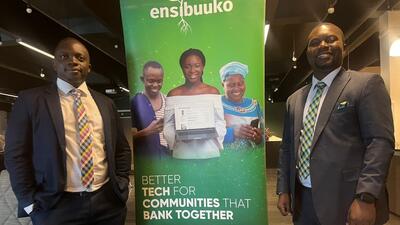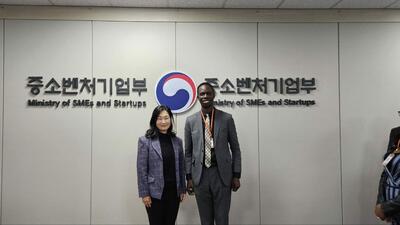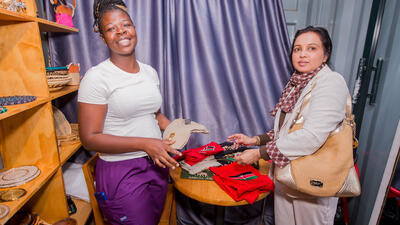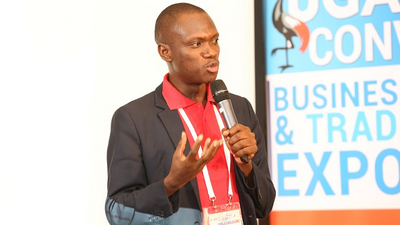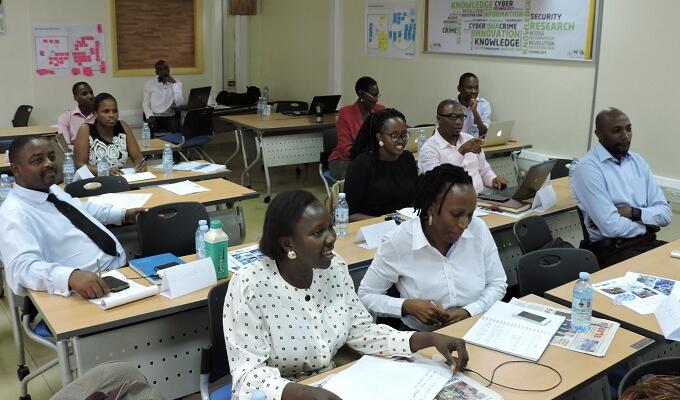

Coaching helps Kenyan, Ugandan IT companies ‘put pieces of the puzzle together’
Everyone needs a little help now and then, and that goes for companies as well as people. That’s particularly the case for companies that need a hand developing clear marketing strategies, putting together strong boards of directors or generating lists of potential clients.
These steps are essential for businesses that hope to find new markets and sell more products or services.
The International Trade Centre (ITC) recently extended that helping hand by arranging coaching sessions for the chief executive officers (CEOs) of more than two dozen Kenyan and Ugandan companies benefitting from the Netherlands Trust Fund III (NTF III) Programme. The programme is implemented in collaboration with the Centre for the Promotion of Imports from developing countries and funded by the Dutch Government.
Coaching is a new instrument in the ITC toolbox to support small and medium-sized enterprises and to help boost the export competitiveness of information technology (IT) and IT-enabled services (ITES) companies in Uganda and Kenya.
‘The one-on-one coaching gave participants a chance to reflect on how to make their businesses more competitive and have a better shot at reaching its goals,’ said NTF III Programme Officer Olivier Naray.
Each business was classified either as a Tier 2 company, meaning it had just started to export or was on the verge of exporting, or as a Tier 3 company, meaning it was active only in the local market.
‘The idea was to make them ready for the regional market,’ said Winnie Lawoko-Olwe, who coached five companies in Uganda: BDE Consult, 3D Services Limited, Exquisite Solution, Service Cops Limited and ZimbaWomen.
Lawoko-Olwe was one of the six coaches – three in each country – who met individually with company CEOs over a three-month period to examine their specific strategic and operational difficulties.
One-on-one, personalized coaching was selected as the most effective option because each company faces different challenges, has different competitors and is at different stages in its growth, according to Naray.
Kiriinya Kithinji, a coach in Kenya, said the ‘main problem was that companies had no focus and no market strategy. They were in a reactive mode, so the coaching aimed to fix all those problems, to help them develop a corporate strategy, address management problems, figure out how to structure their business’ and then deal with issues such as human resources, marketing, branding and sales.
Many of the coached companies had unrealistic perspectives of themselves and were overly optimistic about their growth and future revenue, Kithinji said. ‘Coaching was a reality check,’ he added. ‘Companies realized what the problems were and became enthusiastic. It was very enriching.’
One key task for coaches was to build on companies’ past NTF III training. Some managers said that while the companies had ‘learned a lot of new things during the trainings, they didn’t really know how to put it all together’, he explained.
‘The coaching helped put the pieces of the puzzle together – this was a big achievement,’ Kithinji added.
Other coaches had similar experiences and told ITC that the companies they worked with now have a better-defined strategy, a clearer value proposition, an improved company structure and more refined business pitches.
More than half of the companies found the coaching very useful. Grace Achire, CEO of Vantage Communication, said: 'The coaching is probably the most useful component of the programme and should be extended. The guidance provided is what most SMEs need. In my case, the coach was an objective sounding board.'
Some companies have hired the coaches themselves – a sign that they clearly understand the value that coaching offers to their future success.







